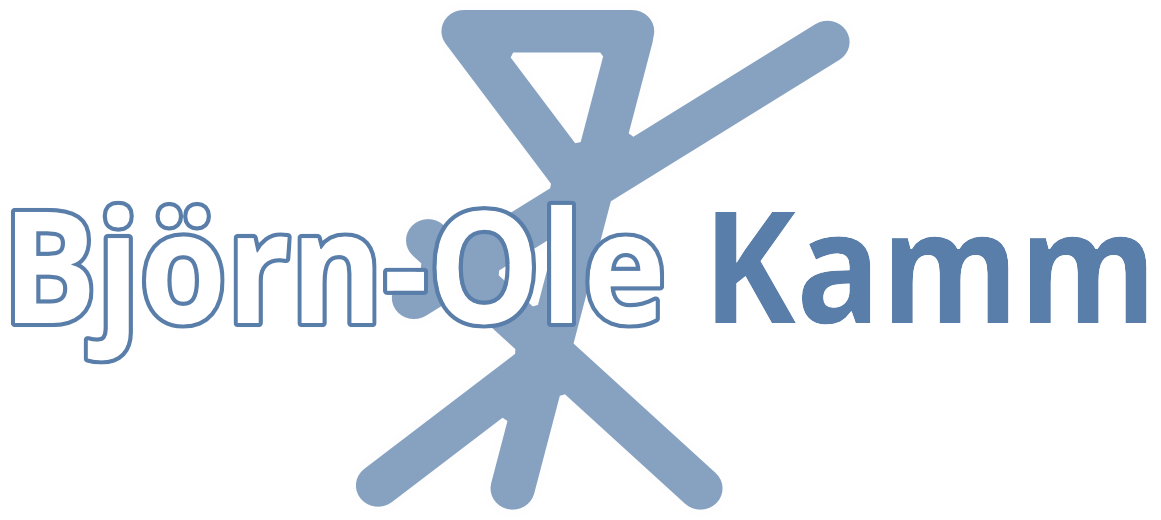Teaching Japanese Pop-Culture
シンガポール国立大学(NUS)のTeaching Japanese Popular Cultureコンファレンスでのプロジェクト教育についての講演(2012年11月11日〜12日)。
The Department of Japanese Studies at the National University of Singapore hosts a conference titled Teaching Japanese Popular Culture which focuses on ways to use popular culture in the classroom.
“Interest in popular culture is one of the main factors driving enrollment in Japanese studies at universities worldwide. However, few models exist for teaching popular culture, and students are sometimes more knowledgeable than faculty about current trends. For these reasons, it is to our advantage as instructors to reflect on the ways in which we can most effectively teach popular culture and include popular culture topics in the curriculum. The purpose of this conference is to share pedagogical approaches to teaching Japanese popular culture and strategies for incorporating topics related to Japanese popular culture into courses of all kinds and across all disciplines.“
I will give a talk on a project oriented teaching approach I employ. Many students outside Japan are already familiar with Japanese popular culture, lessening the importance of keeping them at the receiving-end of knowledge. Instead, the aim of this approach is to assist them in taking the leap from “insider” to a position of knowledge-production within academic discourse.
The students gain access to necessary “tools” via detailed discussions of methodological and theoretical examples taken from existing research. At the beginning of the course the class decides on a shared research question, a concrete object and appropriate methods. The class is then divided into different project groups (e.g. text analysis, ethnography, cyber-ethnography), working on the same question from different angles (triangulation). Employing an e-learning environment (forums, journals) and supervised by the teacher, the groups plan and execute the research on their own. Finally, the groups present results, discuss problems and achievements in accordance with the overall research question.
A project orientation appears most suited for students preparing a thesis as they gain new perspectives and understandings of research methodology later to be utilized in their own work.
